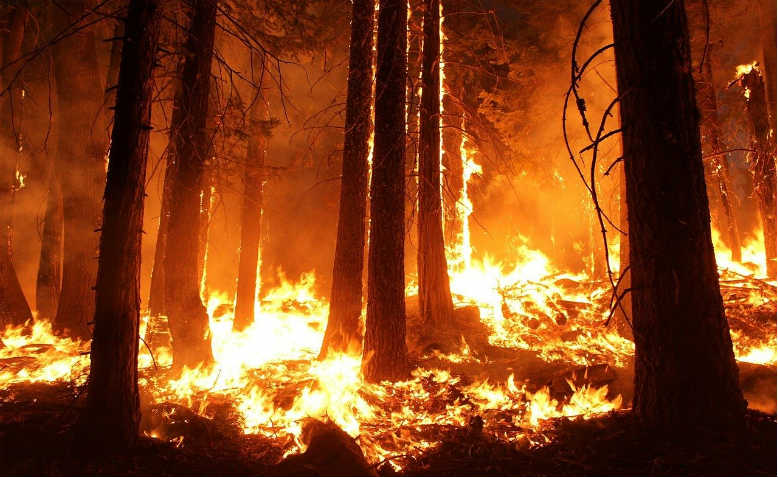
The Australian government was warned, but it chose to ignore the warnings and the evidence, repeatedly, writes Pete Morgan
In 2000, a Senate committee report criticized the government for a lack of action on climate change, stating that “Australia’s per capita emissions have shot to the highest in the world,” and making more than 100 recommendations for both reducing emissions and adapting to a more dangerous environment.
“Evidence suggests that Australia will be very negatively affected by climate change given the size of its land mass, its long coastline, current extremes of climate, and vulnerability to cyclones and its economic dependence on agriculture and tourism. Given its climatic vulnerability, Australia has a strong national interest in global action to dramatically cut emissions over the long term.”
But climate change is Australia’s labyrinth without an exit, where its pragmatism disappears. The wildfires that continued raging along the country’s eastern coast have revealed that the politics of climate in Australia resist even the severe pressure that comes from natural disaster.
Instead of common-sense debate, there are culture war insults. The deputy prime minister calls people who care about climate change “raving inner-city lunatics.” Another top official suggests that supporting the Greens party can be fatal.
“We still don’t have an energy policy, we don’t have effective climate policy — it’s really very depressing,” said Susan Harris Rimmer, an associate professor at Griffith Law School.
Australia is not the only country where the threat of climate change has largely produced inaction or failed promises. President Trump has done everything he can to erase the United States’ climate policy even as dangerous fires ravage California. Canada and South Korea are far from meeting their targets to cut emissions in line with Paris Agreement commitments.
But in Australia, where coal is king and water is scarce, the country’s citizens have spent the week simmering with fear, shame and alarm.
“Coal is our N.R.A.,” said Ms. Harris Rimmer, referring to the National Rifle Association, which has stymied changes to gun laws in the United States even as mass shootings have become shockingly common. “They have total control over Parliament.”
The comparison has its limits. Coal is not enshrined in the Constitution, as a right to bear arms is in the United States, nor is it a consumer product. But like guns in America, coal helped define the country in its early years of settlement — and is still an outsize presence in Australian life.
The industry’s economic benefits reach fewer people than many Australians believe. It frequently hires federal lawmakers after they leave office, and even now politicians often defend coal in patriotic terms. For conservatives in particular, extraction of natural resources in rural areas is a stand-in for values worth fighting for against condescending urban elites.
And the problems emerging now — fires, cyclones, heat waves, drought, shifts in sea life and the death of the Great Barrier Reef — have been predicted in the public record for years.
As smoke fills the skies of Sydney, its roots go back years. The country’s emissions continue to soar, and it’s been hard to reach a political consensus on energy and climate change policy because of Australia’s mining history and a powerful lobby for one product: coal.

